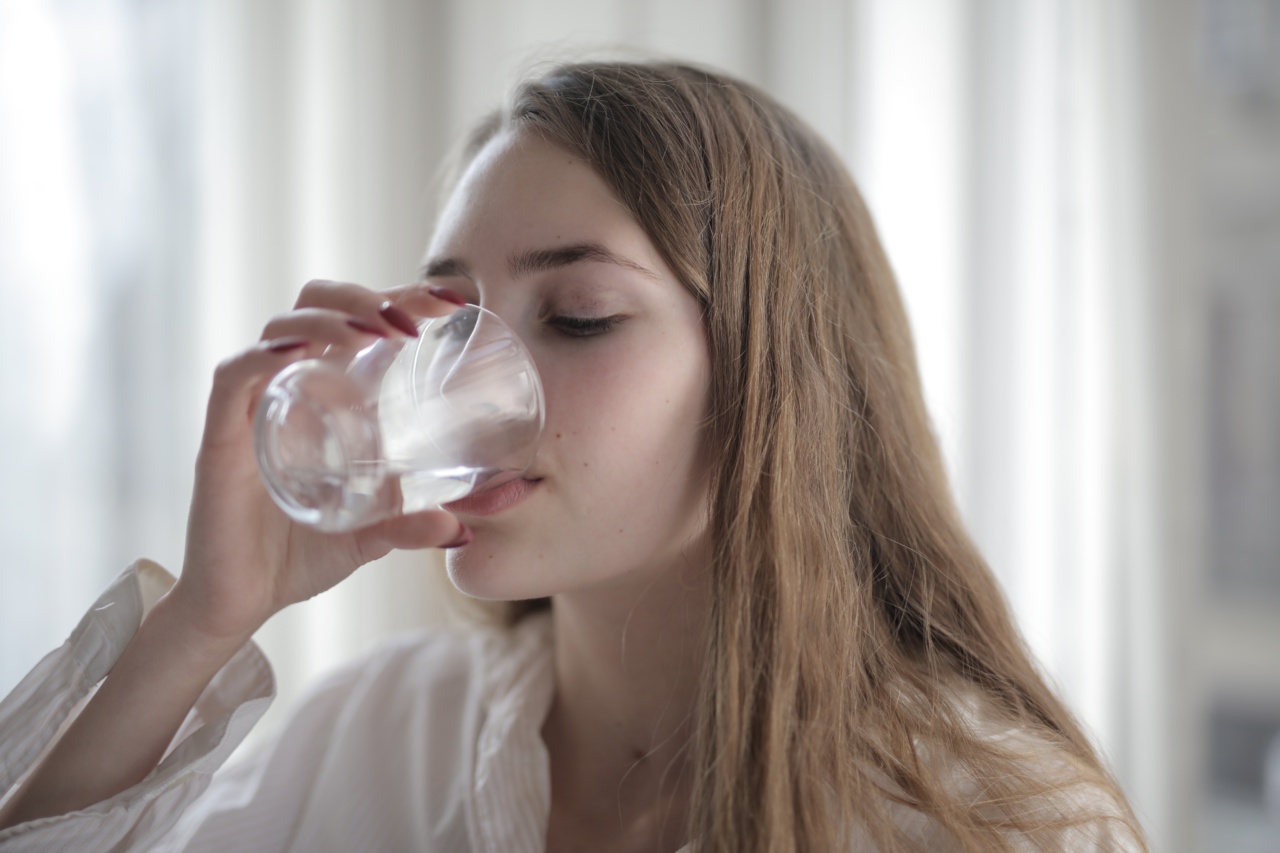Have you noticed a constant thirst that just doesn’t seem to go away? While occasional thirst is normal, constant thirst may be a sign of an underlying health condition.
In this article, we’ll discuss 8 common causes of constant thirst to help you understand what may be causing your situation.
1. Dehydration
One of the most common causes of constant thirst is dehydration. Dehydration can occur when you lose more fluids than you take in, resulting in decreased body fluid levels.
This can happen due to various reasons such as vomiting, diarrhea, excessive sweating, and not drinking enough fluids. If your thirst is due to dehydration, it is important to drink plenty of fluids, especially water, to rehydrate your body.
2. Diabetes
Another common cause of constant thirst is diabetes. Diabetes can cause excessive thirst due to the body’s inability to produce or utilize insulin, a hormone responsible for regulating blood sugar levels.
High blood sugar levels can cause your body to lose fluids, resulting in increased thirst and frequent urination. If you have diabetes, it is crucial to manage your blood sugar levels through diet, medication, and regular exercise.
3. Hypertension
Hypertension, or high blood pressure, can also cause constant thirst. When your blood pressure is high, it can put pressure on your organs, including your kidneys. This can cause your kidneys to produce more urine, leading to increased thirst.
It is important to manage hypertension through lifestyle changes and medication to reduce the risk of complications.
4. Kidney Disease
Kidney disease can have several symptoms, one of which may be constant thirst. When your kidneys are not functioning properly, they may not be able to regulate the balance of fluids and electrolytes in your body, resulting in increased thirst.
If you have kidney disease, your doctor may recommend lifestyle changes and medication to manage your symptoms.
5. Sjogren’s Syndrome
Sjogren’s syndrome is an autoimmune disease that affects the moisture-producing glands in your body, including those responsible for producing saliva and tears. One of the symptoms of this disease is dry mouth, which can lead to increased thirst.
There is no cure for Sjogren’s syndrome, but treatment can help manage symptoms.
6. Medication Side Effects
There are some medications that can cause increased thirst as a side effect. Some examples include diuretics, antidepressants, and antihistamines.
If you suspect that your constant thirst may be due to medication, talk to your doctor about adjusting your prescription or finding an alternative medication.
7. Anemia
Anemia occurs when you have a decreased amount of red blood cells or hemoglobin in your blood, resulting in reduced oxygen flow throughout your body. This can cause several symptoms, one of which is increased thirst.
If you have anemia, your doctor may recommend dietary changes, iron supplements, or blood transfusions to manage your condition.
8. Stress
Frequent thirst can also occur due to stress. When you are stressed, your body releases the hormone cortisol, which can cause increased thirst.
If stress is causing your constant thirst, it is important to manage your stress levels through exercise, relaxation techniques, and other healthy coping mechanisms.
If you are experiencing constant thirst, it is important to identify the underlying cause and seek medical attention if necessary. With the appropriate treatment and lifestyle changes, you can manage your symptoms and improve your quality of life.






























